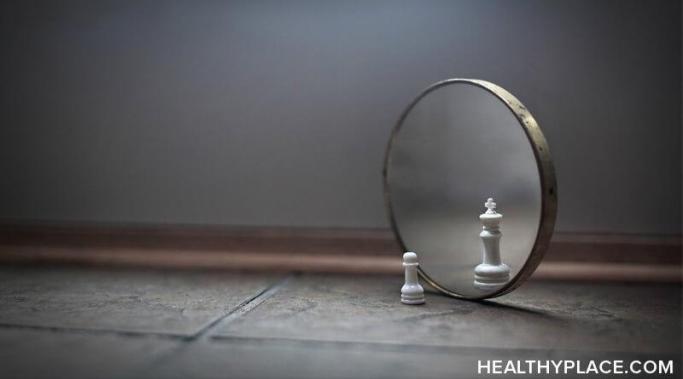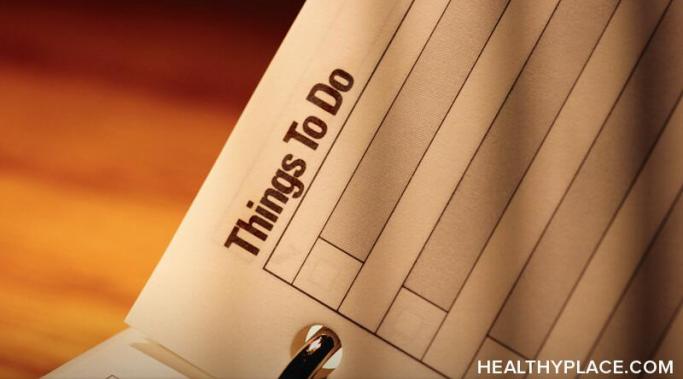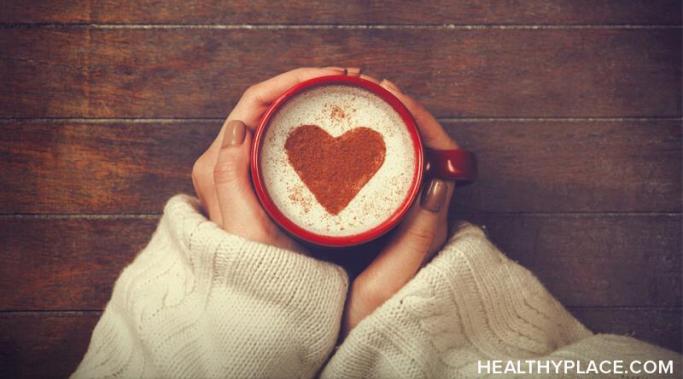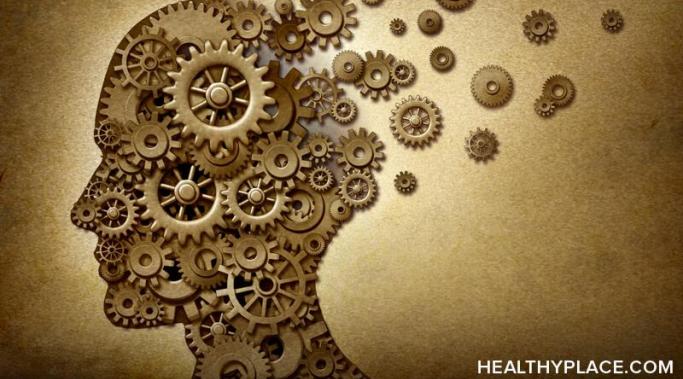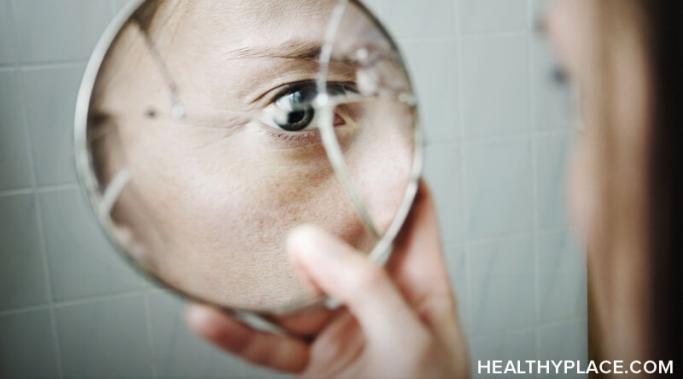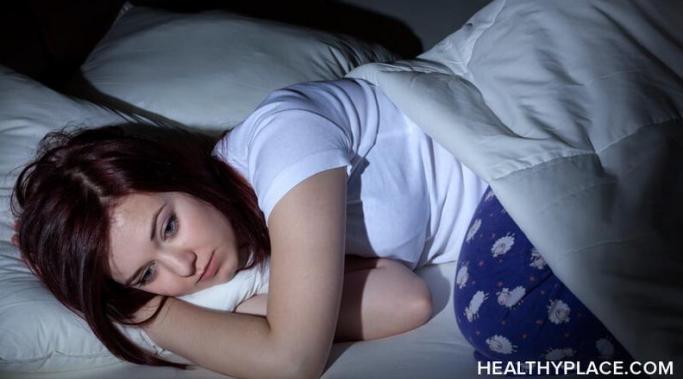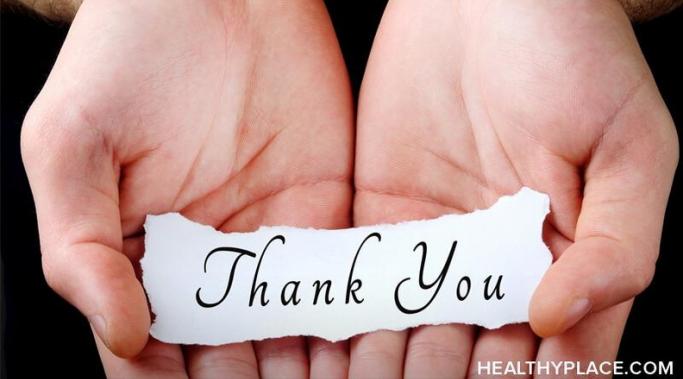Self-esteem affects mental health and low self-esteem often results from having a mental illness. I struggle with depression and anxiety, and I'm constantly battling negative thoughts that say I'm not good enough. I judge myself and compare myself to others. I'm afraid to put myself out there.
Mental Health Coping Skills
It's hard to forgive yourself when you have depression. Depression often causes you to be harsh and mean to yourself. When you make a mistake or don't follow through on something, the automatic response is negative self-talk. You begin to tell yourself that no one else would have made that mistake or that you're stupid for not having completed that task sooner. Why is it so hard to forgive yourself when you have depression?
Making new habits to cope with anxiety is an important part of anxiety self-help. By establishing routines, we can take on more in our lives without feeling overwhelmed. However, attempting to change too much at once can end in disappointment. Working on making new habits too quickly can fuel anxiety rather than help it.
Self-love and depression don't naturally go together because when you have depression, it’s hard to love yourself. Being constantly bombarded with negative thoughts about how you’re not good enough or how you’ll never amount to anything doesn’t exactly help your self-esteem. You get inside your own head and tell yourself that you are not worthy of love.
Obsessive thoughts are a kind of anxiety. Anxiety about a situation can set off obsessive thoughts, causing you to assume the worst outcome. It can make you feel like you've made the most horrible mistake in the world, even if it was something minor. There have been many times that my anxiety about something has grown into an obsession. Obsessive thoughts from anxiety cause many problems for me.
There are many borderline personality triggers, but my biggest is canceled plans. With canceled plans comes that common borderline feeling of abandonment all over again (Borderline Personality Disorder Symptoms, Diagnosis). Let's talk about how much consistency, communication and changes in plans can all lead to a borderline personality trigger for me.
Practical self-care tips are important not just for your mental health, but for your physical health as well, but they're harder to do on a tough mental health day. Many popular self-care routines involve taking care of, and often pampering, the body such as taking a bath, applying a face mask, drinking a cup of tea, or working out. However, these activities aren't always feasible for someone having a bad mental health day. Try these practical self-care tips on bad mental health days to rest and recharge.
Coping with the suicide of a friend is one of the most excruciating, incomprehensible things a person can experience. It leaves behind a wound that will seemingly never heal. Read on for some information on how to cope with the suicide of a friend.
Do you know about the interaction between summer and social and the importance of rest? You’re not alone.
There are a variety of reasons why gratitude is good for our mental health. Gratitude simply means expressing feelings of thankfulness. During depressive episodes or in moments of deep despair it can be discouraging when people encourage you to be grateful for all you have. It causes feelings of guilt on the behalf of the depressed person. Mental health conditions such as depression or bipolar affect all types of people. Although a person's life may be filled with riches it does not eliminate the effects of depression. Nevertheless, our mental health can be helped with gratitude.
